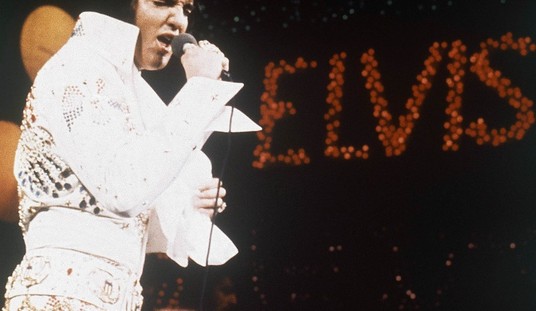French prosecutors said that the 28-year-old co-pilot of the Germanwings flight that plowed into the French Alps deliberately crashed the plane.
Lufthansa officials confirmed in a press conference moments ago that an analysis of the black box recording shows that the pilot left the cockpit for a few, then was unable to get back into the cockpit as the door was locked. The Airbus has a keypad where flight crew can enter a code to gain access to the cockpit, unless a “lock” switch on the console is manually activated by someone inside the cockpit.
The pilot is heard trying to kick the door down as the breathing of the co-pilot continues, and passengers are heard screaming just before the plane hit the mountain.
The co-pilot was identified as Andreas Lubitz, a German who was recognized by the Federal Aviation Administration in 2013 with inclusion in the “prestigious”FAA Airmen Certification Database with others “who have met or exceeded the high educational, licensing and medical standards established by the FAA.” He joined Germanwings in September 2013 after graduating from the Lufthansa Flight Training School in Bremen.
Officials said he left his training for a short time but returned. The French prosecutor said his religion was “unknown.”
“We hear the flight attendant asking the copilot to start taking the commands and then we hear a door closing after a chair has been moved. So we assume that he left the cockpit in order to use the restroom. So at this point, the copilot is the only one in the cockpit. So it’s while he’s alone that he has somehow manipulated the buttons on the flight monitoring system to manage the descent of the plane,” Marseille Public Prosecutor Brice Robin told reporters at a news conference.
“So again, I repeat, he was alone at the helm of this plane in the Airbus 320. Again, I’ll repeat. The copilot was the one who was manipulating the flight monitoring system, who managed the descent of the plane. So again, all of these actions were completely voluntary. Then we hear the pilot calling, asking to regain access into the cockpit. This is through a certain type of phone between cabins. So again, we can assume he was identified, however, the copilot just didn’t respond. He’s knocking. He’s asking to be let in. Zero response from the copilot. We hear human breathing within the cabin, and we hear this breathing up until the final point of impact, which we assume means that the copilot was living, was alive, in the cockpit,” Robin continued.
“Then we hear contact from the control tower in Marseille, however, there was zero response from the copilot. So air control traffickers start asking for a distress signal. Again, zero response. This means that this flight became a priority compared to every other flight at the time. Control tower even asked other planes to try and signal, contact this Airbus. Again, zero response. So after that, alarms were put into place to try and alert the people to how close the plane was to the ground. Then we start hearing banging, someone trying to actually break the door down. That’s why the alarms were let off, because these were protocols put in place to prevent any terrorist attacks,” he said.
“So alarms start ringing and right before the final point of impact we hear something that we assume was some kind of first point of impact. So we assume that the plane actually glided a little bit on some kind of slope before it actually finally hit the mountain. Again, zero distress signal. Zero signal of emergency, zero ‘help me’ or SOS. Nothing of this sort was received by any air traffic controllers. Nothing like ‘help me, help me, SOS,’ nothing was received by the air traffic controllers. And no response, no response. There was zero, zero response to any of the air traffic controllers’ attempts to contact the people inside the plane.”
Robin called it “some kind of deliberate action and willingness to destroy this plane.”
He said the “completely human, classic, normal” breathing heard on the recorder shows the co-pilot wasn’t “in the middle of having a heart attack, for example. He uttered not one word. Complete and total silence.”
Robin said Lubitz was an ethnic German with “no prior terrorist history.”
He stressed that the co-pilot wouldn’t have been able to program the descent by passing out. “The button to lever that you turn, you turn several times according to how much altitude you want to lose. It’s a deliberate thing. It can’t be done automatically. So, well, if his head was to hit it, maybe it would move by a quarter of a turn, but it won’t do anything. It won’t turn it 15 times.”
Lufthansa CEO Carsten Spohr was asked if he would brand the crash as suicide. When you take down a plane full of people with you, Spohr said, “another word should be used, not suicide.”









Join the conversation as a VIP Member